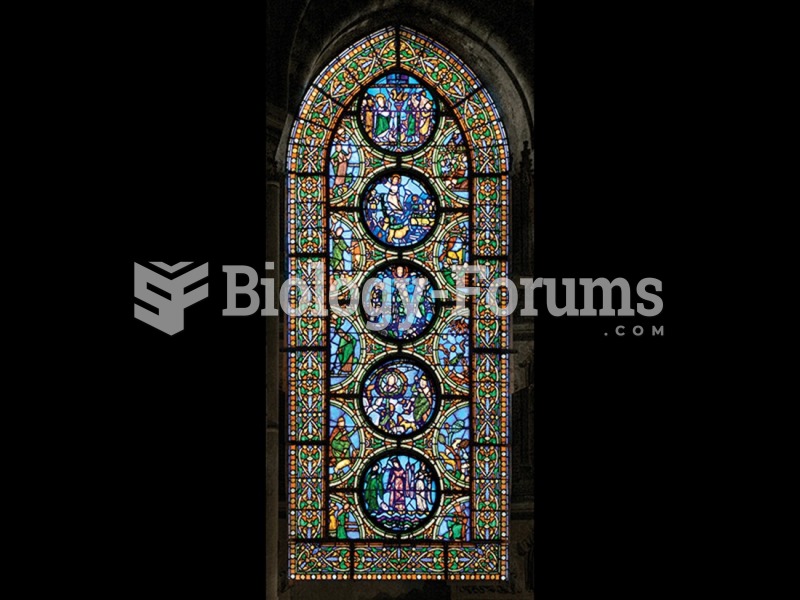Answer to Question 1
During the High Middle Ages, the Catholic Church exercised great power and authority not only as a religious force, but also as a political institution. The medieval Church was enormously wealthy. Over the centuries, Christians had donated and bequeathed to Christendom so many thousands of acres of land that, by the end of the twelfth century, the Catholic Church was the largest single landholder in Western Europe. It enforced religious conformity by means of such spiritual penalties as excommunication (exclusion from the sacraments) and interdict, the excommunication of an entire city or stateused to dissuade secular rulers from opposing papal policy.
When some bristled against Church power, they were accused of heresy, and punished. In 1233, the pope established the Inquisition, a special court designed to stamp out heresy, and brought to trial individuals whom local townspeople denounced as heretics. Deprived of legal counsel, the accused were usually tried in secret. Inquisitors might use physical torture to obtain confession, impose such penalties as exile or excommunication, or it might turn over the defendants to the state to be hanged or burned at the stake.
At the same time, the Church acted as a stabilizing force by providing order to society. It assumed moral and financial responsibility for the poor, the sick, and the homeless; and it provided for the organization of hospitals, refuges, orphanages, and other charitable institutions. Through the sacraments, a set of sacred rites that impart grace (the free and unearned favor of God), medieval Christians were assured of the soul's redemption from sin and, ultimately, of eternal life in the world to come. By way of the sacraments, the Church participated in virtually every major aspect of the individual's life, enforcing a set of values that determined the collective spirituality of Christendom.
Answer to Question 2
The mendicant orders of the Church focused on simple living and avoidance of materialistic goals, serving God through humble means. The first of these orders, the Franciscans took their name from their founder, Giovanni Bernardone (nicknamed Francesco), who renounced a life of luxury and dedicated himself to preaching and serving the poor. In imitation of the apostles, he practiced absolute poverty and begged for his food and lodging as he traveled from town to town. His mendicant (begging) lifestyle made him an icon of humility; and his attention to the poor and the sickly revived the compassionate ideals of Early Christianity and of Jesus himself. Other mendicant orders included the Dominicans and the Order of Poor Ladies. These orders earned longlasting respect and acclaim for educating the young, fighting heresy, and ministering to the sick and needy.







